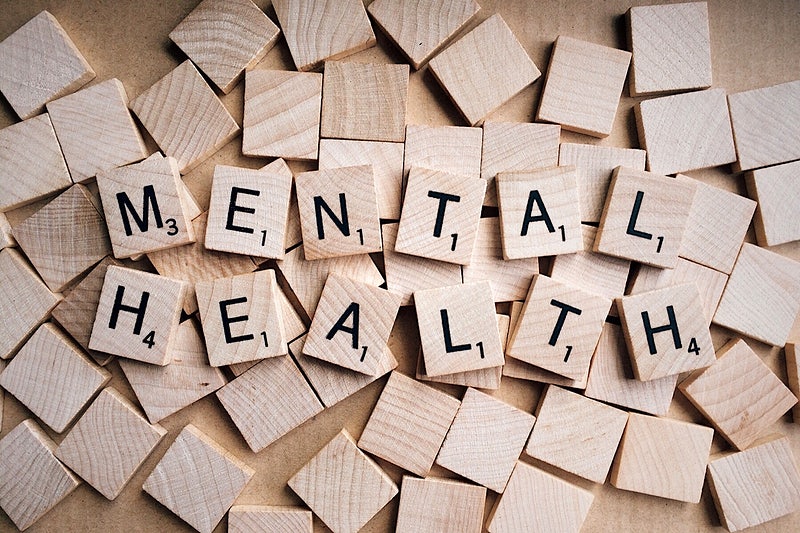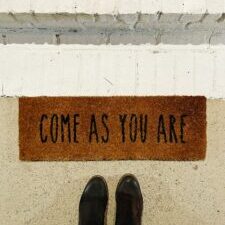May is Mental Health Month! We’ve talked before on the blog about how important mental health is for older adults, signs of depression, and suicide and aging. Today we’re going to explore local mental health resources, including in-home services.
Note: Agencies may have changed their hours, adjusted their services, or temporarily closed due to Covid 19. Call ahead before visiting agencies.
Local Community Mental Health Resources
- Washtenaw County Community Mental Health – Access/Crisis – Counselors are available any time day or night for emergency assistance over the phone or in-person. Provides some residential services. Call (734) 544-3050.
- CCWC Behavioral Health Services– Licensed social workers and psychologists provide assessment and short-term, solution focused therapy for individuals, couples, and families. substance abuse assessment and treatment is also available. Call (734) 926-0155 or visit the website for more information.
- Deaf Health Clinic (Michigan Medicine)– Provides in-person primary care and mental health services by ASL-signing physicians or social workers. Also provides virtual mental health services. Call (734) 426-2796 for more information.
- Eastern Michigan University Community Behavioral Health Clinic– Offers comprehensive cognitive and neuropsychological assessments and group and/or individual psychotherapy. Specialty programming for caregivers and older adults (age 60+) who have concerns about thinking, remembering, or problem solving. Call (734) 487-4987 or (734) 627-7620 for the older adult program.
- Eastern Michigan University Outpatient Neurobehavioral Health Program– Offers assessment and psychological services to older adults concerned about their brain health and their family members; focus on improving relationships and quality of life. Call (734) 627-7620 or visit the website for more information.
- Jewish Family Services’ Thrive Counseling– Adults work with therapists on an individualized assessment to create a treatment plan to best meet their needs. Currently offered via telehealth. Call (734) 769-0209 for more information.
- Packard Health– Behavioral health providers work collaboratively alongside your primary care physician to ensure comprehensive care of both mind and body. Packard Health offers on site integrated behavioral health services at all locations:
- Packard Main: (734) 971-1073
- Packard West: (734) 926-4900
- Packard Ypsilanti: (734) 985-7200
- Trinity Health Outpatient Behavioral Health (Formerly St. Joe’s)- The Outpatient Behavioral Health Program offers a complete range of outpatient mental health services. Call (734) 786-2300 for Ann Arbor or (734) 593-5251 for the Chelsea location.
- Turner Geriatric Clinic– Counselors at the Geriatrics Center are licensed clinical social workers trained in geriatrics and cultural competency. Call (734)764-2556 for more information.
In-Home Mental Health Resources
- Senior Counseling Services– In-home mental health counseling for seniors, homebound, and disabled individuals in southeast Michigan. Call (248) 476-2229 for more information.
Mental Health Hotlines
- Lesbian, Gay, Bisexual, Transgender National Senior Hotline: (888) 234-7243
- LGBT National Help Center Hotline- Senior Hotline– (888) 234-7243
- National Suicide Prevention Lifeline: (800) 273-8255
- Veterans Crisis Line: (800) 273-8255, press 1
You can always find more mental health resources by visiting the Online Senior Resource Directory.






